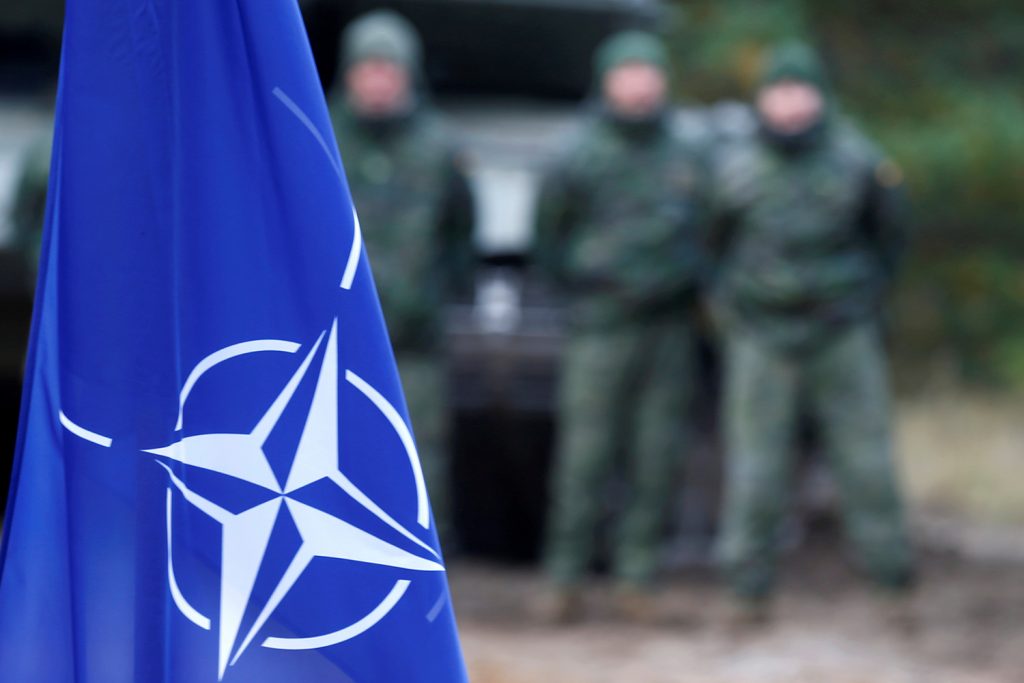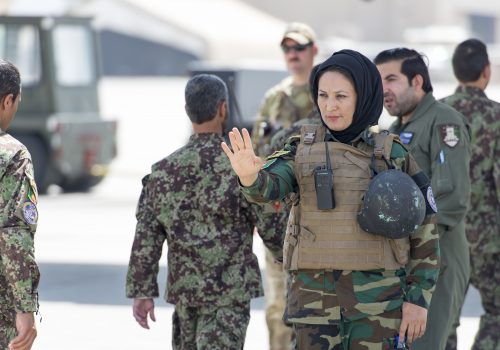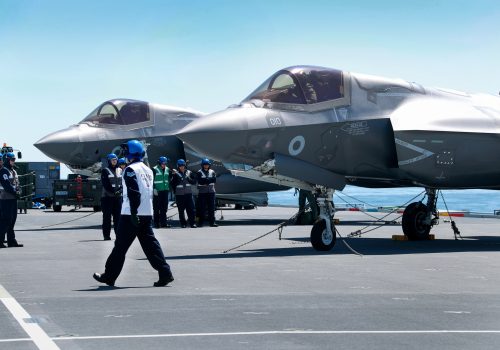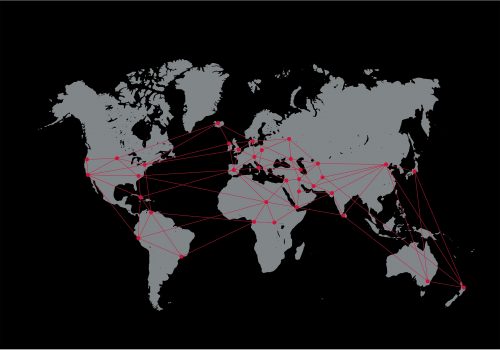March 8, 2021
NATO partnerships for Women, Peace, and Security
The Women, Peace, and Security (WPS) Agenda is a global, thematic agenda that calls for progress toward gender equality and justice as a foundation for peace and security. It was launched with the United Nations Security Council’s (UNSC) adoption of Resolution 1325 on Women, Peace, and Security (UNSCR 1325) in October 2000. UNSCR 1325 formally recognized the disproportionate impact of conflict on women and girls for the first time, as well as the crucial role that women play in all security and peace processes. It also recognized the gendered nature of international peace and security, and established a legal and political framework for incorporating gender perspectives into defense and security policies. UNSCR 1325 called on the United Nations member states to develop strategies to protect women and girls in violent conflict, as well as to increase women’s participation in decision making at all levels, in all mechanisms, and at all stages of conflict.
Since 2000, the WPS agenda has become a broader and more ambitious social movement that engages a diverse group of stakeholders, including the North Atlantic Treaty Organization (NATO). In “NATO Partnerships and Women, Peace, and Security,” Lisa A. Aronsson outlines the achievements and implementation challenges NATO faces with the WPS agenda and offers three sets of recommendations for overcoming institutional hurdles, leveraging non-NATO members, and reviving NATO’s sense of purpose in this regard.
First and foremost, the Alliance should focus on balancing the operational focus with an internal focus, and move WPS away from the political margins and closer to NATO’s core. This requires doubling down on implementation of NATO’s robust policies and action plans and strengthening institutional and financial support for its WPS transformations. Second, NATO should consider expanding WPS cooperation with partners across a range of activities from education and training to capacity building, interoperability, and reform. It should also expand collaboration with non-state partners and civil society organizations. Finally, NATO should recommit to WPS publicly with a renewed sense of purpose and a clear and simple message about the strategic relevance of WPS for twenty-first century security.
Click the above link to download the full report.
Subscribe for events and publications on European security
Sign up for updates from the Atlantic Council’s Transatlantic Security Initiative, covering the debate on the greatest security challenges facing the North Atlantic Alliance and its key partners.
Related content
Related program

The Transatlantic Security Initiative, in the Scowcroft Center for Strategy and Security, shapes and influences the debate on the greatest security challenges facing the North Atlantic Alliance and its key partners.
Related center

The Scowcroft Center for Strategy and Security works to develop sustainable, nonpartisan strategies to address the most important security challenges facing the United States and the world.
Image: Members of SWISSCOY assessing the situation. The Swiss Armed Forces have been participating in the Kosovo Force (KFOR) with SWISSCOY since 1999 and have been using the so-called Liaison and Monitoring Teams (LMT) since 2010. These observation teams serve KFOR as an early warning system for potential changes in the situation. The members of the LMT work as conversation leaders and observers in a defined area of responsibility in the operational area. Source: SWISSINT/Philip Kessler. License: CC BY-NC-ND (https://creativecommons.org/licenses/by-nc-nd/3.0).


